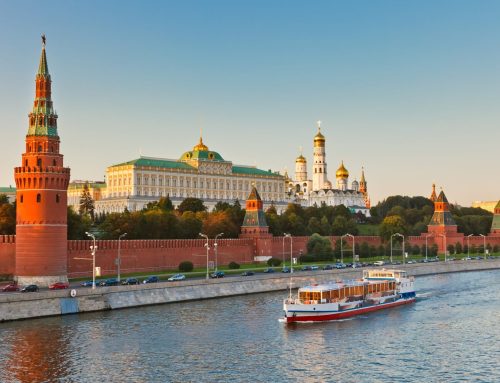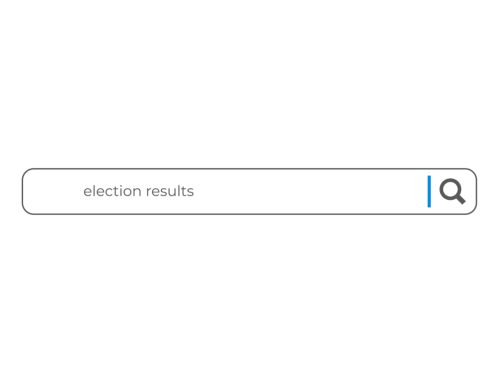WASHINGTON, DC — In The Federalist 68, Alexander Hamilton described “the desire in foreign powers to gain an improper ascendant in our councils,” as “one of the most deadly adversaries of republican government.”
As President Trump meets with Russian President Vladimir Putin in Helsinki next week, he needs to heed Hamilton’s warning. The meeting could help deter Russia’s ongoing assault against the United States and its democratic allies. But to do this, President Trump must clearly warn Putin that there will be consequences for Russia’s ongoing interference in American democracy, especially in light of Special Counsel Mueller’s indictment today of 12 Russian intelligence officials for hacking into the DNC and Clinton campaign.
The Russian attack that started in 2014 and occurred through the 2016 presidential election has continued to the present. Our research has shown that more than 18 months after the 2016 election, Russian-linked social media accounts across a wide range of platforms continue to masquerade as Americans, engaging in political debates and pushing disinformation and outright lies into the American political bloodstream.
From Charlottesville and the NFL “take a knee” controversy to attacks on Democratic and Republican politicians and efforts to spread conspiracy theories about Russian crimes overseas and atrocities in Ukraine and Syria, what should be the most sacred place in our democratic system — the dialogue between Americans about the future of our polity — are being manipulated by a foreign power. The result is an America in which our divisions — partisan, ethnic, economic, and cultural — are being exacerbated and exploited for Russia’s gain.
The Russian government’s use of these tactics against the United States is part of a broader strategy by Putin to undermine and weaken transatlantic institutions, including the EU and NATO. Just this week, Russian-linked information operations have unleashed conspiracy theories designed to undermine evidence that the Kremlin is responsible for the use of a chemical weapon on British soil, which has now resulted in the death of a British citizen.
Theresa May, Emmanuel Macron, and Angela Merkel have all made clear that Russia is a significant threat that needs to be deterred. But the primary missing voice from a unified transatlantic deterrent is President Trump.
Our allies will be expecting President Trump to send a strong deterrent message to Putin in Helsinki. The American people should expect that too. Failure by President Trump to clearly warn Putin about his ongoing interference in transatlantic democracies would send a signal that he has permission to continue and even increase such attacks.
American presidents from both parties have repeatedly failed to understand that under Putin’s leadership, the Kremlin takes advantage of weakness. Bush administration attempts to engage Putin culminated in the invasion of Georgia in the final months of President Bush’s tenure.
In 2016, after U.S. intelligence agencies picked up disturbing signs of Russian interference, the Obama administration attempted to warn a series of Russian officials, eventually culminating in a conversation between President Obama and President Putin. The outreach, however, was primarily done through intelligence channels, came late in the election campaign, and the warnings were narrowly limited to interference in voting itself. Information about the unfolding Russian attack on American democracy was also spotty, and partisan concerns complicated a more forceful response.
But there are signs that deterrent messaging works with Putin. French and German officials facing a similar threat after the U.S. election handled their interactions with Russian officials very differently. Warnings were direct and conveyed at the highest levels. Clear repercussions for Russia’s relationship with their countries were outlined if the interference continued. This is likely one of the reasons that Russia’s attempts at direct interference in both elections were more limited.
Establishing a deterrent calculus with Moscow is even more important in the run-up to the 2018 midterms and 2020 presidential elections. With an America already divided, Russian-linked information operations are able to amplify fringe views on hot button topics without ever having to promote or attack one specific candidate. Moreover, an America divided against itself cannot lead globally, as national leaders focus on attacking each other rather than tackling the major issues facing American society.
In Helsinki, President Trump should make clear to President Putin that malign foreign interference operations designed to destabilize the elections, institutions, and societies of the United States and its allies through asymmetric means constitute a national security threat. He should warn that there will be consequences for continuing these covert, corrupting, and coercive operations, and that the U.S. government will respond utilizing all appropriate tools. Today’s indictment only increases the imperative for President Trump to deliver this message in the strongest of terms.
Failing to do this will send yet another message of weakness, continue to raise questions in the United States about the President’s own inclinations toward Putin, and leave Americans more vulnerable to losing our greatest right bequeathed to us by the Founders — the ability to freely engage in civic debates and to freely choose our representatives without foreign interference.
The views expressed in GMF publications and commentary are the views of the author alone.






